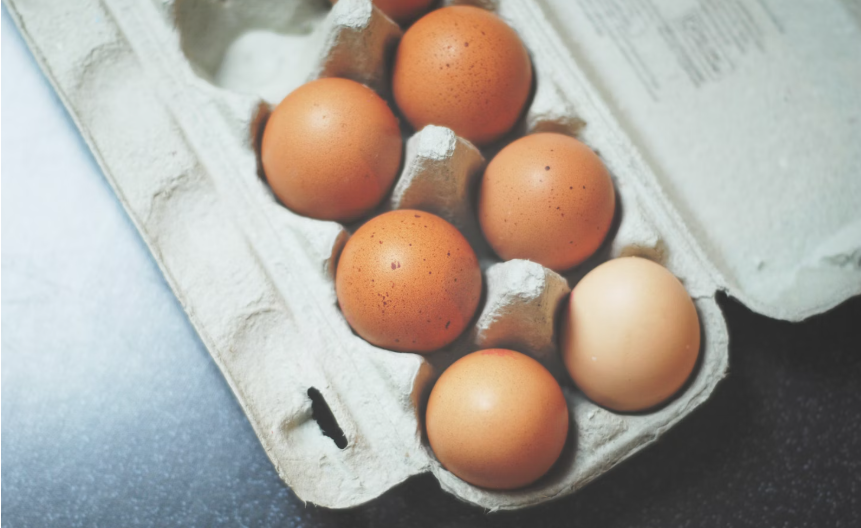And the U.S. government has launched a huge program to import eggs, buying millions of them from producers in Turkey and South Korea, so as to battle eye-popping, unprecedented prices of eggs in the country. The step is in response to the economic impact of the avian flu outbreak, which has devastated millions of poultry and disrupted the egg supply chain nationally.
A huge import operation is underway
The Department of Agriculture has said it has started importing eggs — Agriculture Secretary Brooke Rollins saying plans are in place to ship in “hundreds of millions of eggs” in the coming weeks to flood the U.S. market. At the same time, the measure will have immediate relief for the consumer section which is facing a sharp rise in price inflation since last few months. This requires significant planning and coordination with suppliers around the world, as well the logistics involved with getting perishables to the market, according to McCloy.
Avian flu ready to decimate domestic poultry industry
The other big villain in the egg price crisis: a longtime, highly contagious strain of avian influenza, more formally known as H5N1, that has ravaged American poultry farms. Millions of chickens have had to be killed, a step taken in an effort to prevent the virus’s spread, drastically reducing the country’s egg-laying capacity. This reduction in supply has subsequently caused an absolute frenzy in the price of eggs, with consumers observing price hikes of more than 65% within the last one year alone. Prices are predicted to keep climbing through 2025.
Foreign Procurement And the Restoration of Domestic Industries
The U.S. government is already collaborating with international partners to get more egg supplies. In addition to Turkey and South Korea, negotiations are underway with other potential exporters, such as the European nations of Poland and Lithuania. The long haul gameplan, however, is to resuscitate the local poultry industry, as noted previously. The import program is regarded as a stopgap solution until local poultry stocks are replenished to bring egg production back to normal.
Partial Government Intervention by means of Support for Industries
In light of the egg price crisis, the Trump administration is hurling $1 billion at the problem, meant to assist the poultry industry. This investment will continue, with considerable funding for improvements to biosecurity practices at commercial egg farms, research and development of avian influenza vaccines and cash handouts to farmers affected. The Department of Agriculture has also started offering egg farms free consulting services, collaborating with them to adopt best practices and rip up their facilities to prevent a recurrence.
Political Implications and Outcomes on the Consumer
The surging cost of eggs has been a hot political topic, and the current administration has attributed the crisis to policies of the past administration. This has especially hit consumers hard, with many households not able to afford even basic foodstuffs. The government, though, is optimistic that its import initiative and financial support package will alleviate these impacts and witness a return of affordability in the egg market. The situation underscores how vulnerable the food supply chain is to disease outbreaks and the need for strong biosecurity practices. The administration is working to accelerate the turnaround of the domestic egg industry, making sure that American consumers have a steady, affordable supply of eggs at their disposal,” Jeff Zients, the White House’s domestic policy adviser, said in a statement.
The bulk egg import effort shows the speed at which the US government is responding to the current market — and the need for avocados. Moving millions of eggs across continents is not exactly a picnic and requires meticulously strategizing and executing the logistics involved in the operation- particularly due to their perishable quality. The Department of Agriculture is working to ensure that any eggs imported meet U.S. safety standards and that they can be dispensed quickly to grocery stores nationwide.
The agriculture relief package is future-proofing the poultry industry’s biosecurity protocol. The farmers will also invest to improve farm facilities, strengthen hygiene procedures and upgrade disease monitoring systems. The government investment to support avian influenza research is a long game that is designed to protect the poultry industry from future threats. The economic impact of the outbreak is being felt beyond consumer prices, affecting farmers, distributors and other industries. Such moves, announced amid a tumultuous climate in the market, are part of the government’s efforts to ease the situation and prevent further damage to the economy.






